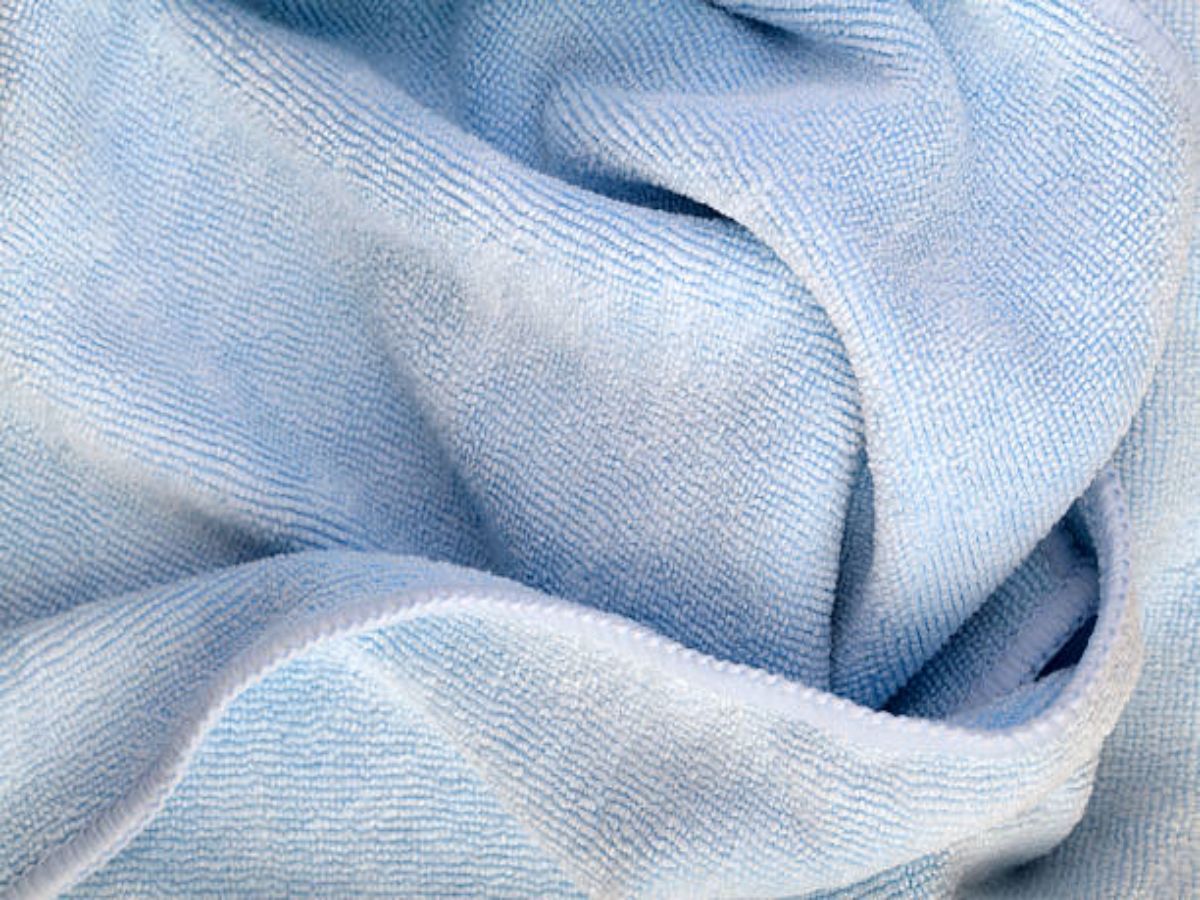Table of Contents

Material 100 Polyester: The Ultimate Guide to this Versatile Fabric
When it comes to fabrics, polyester has become one of the most popular choices due to its wide range of applications and benefits. In this article, we'll explore the world of material 100 polyester, delving into its properties, uses, care instructions, and more. Whether you're a fashion enthusiast or simply curious about textiles, this comprehensive guide will provide you with all the information you need to know about material 100 polyester.
The Properties of Material 100 Polyester
Material 100 polyester is a synthetic fabric made from polymer fibers. It is known for its exceptional durability, strength, and resistance to stretching and shrinking. Polyester fibers have excellent wrinkle resistance, making them a popular choice for clothing that requires low maintenance. Additionally, material 100 polyester is quick-drying and has good resistance to mildew and abrasion.
One of the key characteristics of material 100 polyester is its ability to retain its shape and color even after multiple washes. This fabric is also resistant to fading, making it an ideal choice for items that require long-lasting vibrant colors. Moreover, material 100 polyester has a high resistance to most chemicals, making it suitable for various applications beyond the fashion industry.
Uses of Material 100 Polyester
The versatility of material 100 polyester makes it a popular choice across various industries. In the fashion world, it is commonly used in the production of clothing items such as dresses, shirts, trousers, and sportswear. Material 100 polyester is also used in the creation of accessories like bags, hats, and scarves. Its ability to withstand frequent washing and maintain its shape makes it an excellent choice for activewear and swimwear as well.
Beyond fashion, material 100 polyester finds applications in the home textile industry. It is frequently used in the production of curtains, drapes, upholstery, and bedding due to its resistance to fading and its ability to withstand wear and tear. Additionally, material 100 polyester is often used in the manufacturing of outdoor furniture and umbrellas, as it can withstand exposure to sunlight and various weather conditions.
Advantages of Material 100 Polyester
Material 100 polyester offers numerous advantages that contribute to its popularity. Firstly, its durability ensures that items made from this fabric have a longer lifespan compared to other materials. This longevity makes it a cost-effective choice in the long run. Moreover, the wrinkle resistance of material 100 polyester reduces the need for ironing, saving both time and effort.
Another advantage of material 100 polyester is its moisture-wicking properties. It has the ability to draw moisture away from the skin, keeping the wearer dry and comfortable. This makes it an ideal choice for sportswear and outdoor clothing. Additionally, material 100 polyester is resistant to damage from most chemicals, making it a suitable choice for industries such as healthcare and food service.
Caring for Material 100 Polyester
When it comes to caring for material 100 polyester, the good news is that it is relatively low maintenance. Most polyester items can be machine washed with warm water and a gentle detergent. However, it is essential to avoid using bleach or fabric softeners, as they can damage the fabric and reduce its lifespan.
For stain removal, it is best to treat the stain as soon as possible. Blot the stain with a clean cloth, then apply a small amount of mild detergent or stain remover. Gently rub the fabric together, rinse thoroughly, and air dry. Avoid using excessive heat or tumble drying, as high temperatures can cause the fabric to shrink or lose its shape.
Material 100 Polyester and the Environment
It's important to consider the environmental impact of the materials we use. Material 100 polyester is a synthetic fabric, which means it is derived from petroleum, a non-renewable resource. However, polyester can be recycled, reducing the need for new production and minimizing waste. Many companies now offer recycled polyester options, which can help reduce the environmental footprint of this fabric.
Additionally, the durability of material 100 polyester means that items made from this fabric have a longer lifespan, reducing the need for frequent replacements. Choosing high-quality polyester products and properly caring for them can further extend their usability, making them a more sustainable choice in the long run.
The Future of Material 100 Polyester
As technology continues to advance, so does the world of textiles. Material 100 polyester is constantly evolving, with new innovations and blends being introduced. Researchers are exploring ways to create polyester fabrics from sustainable sources, such as plant-based materials. This could potentially reduce the environmental impact of polyester production and offer more eco-friendly options to consumers.
Furthermore, advancements in textile engineering are leading to the development of polyester fabrics with enhanced properties, such as improved breathability and moisture-wicking capabilities. These innovations make material 100 polyester even more versatile and suitable for a wide range of applications, from fashion to technical textiles.
